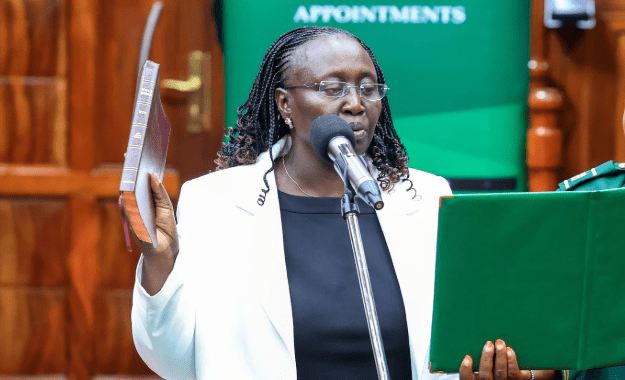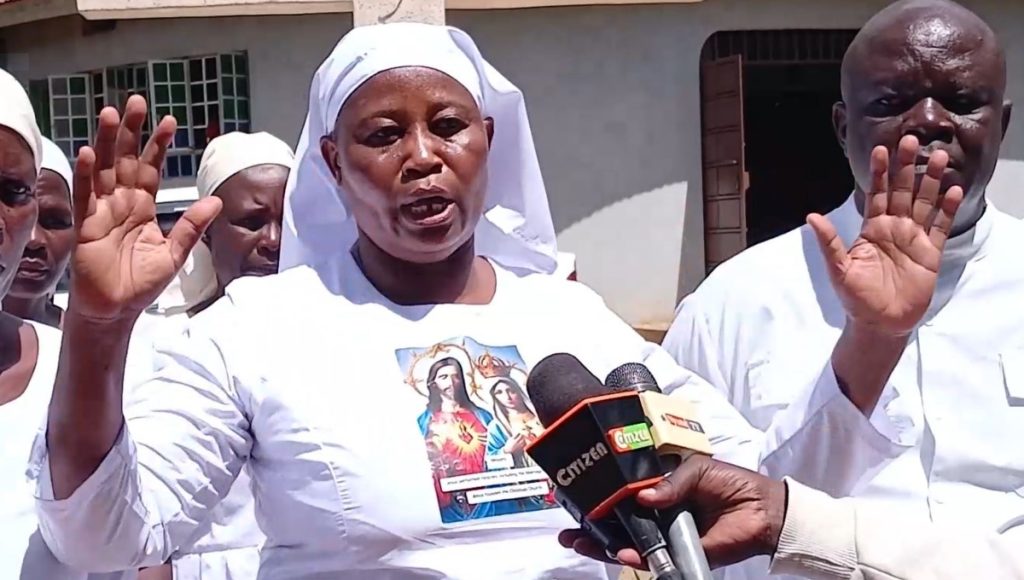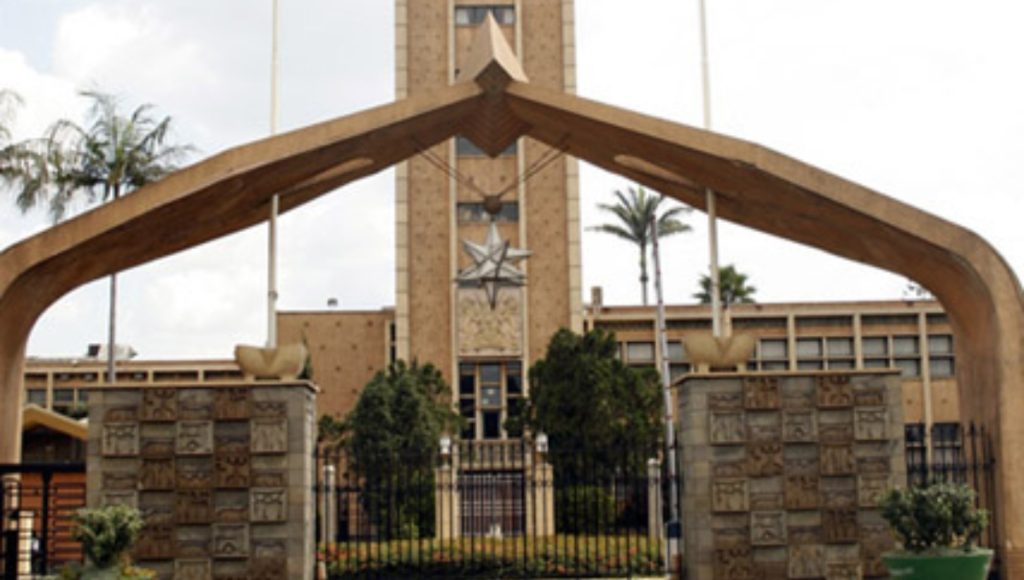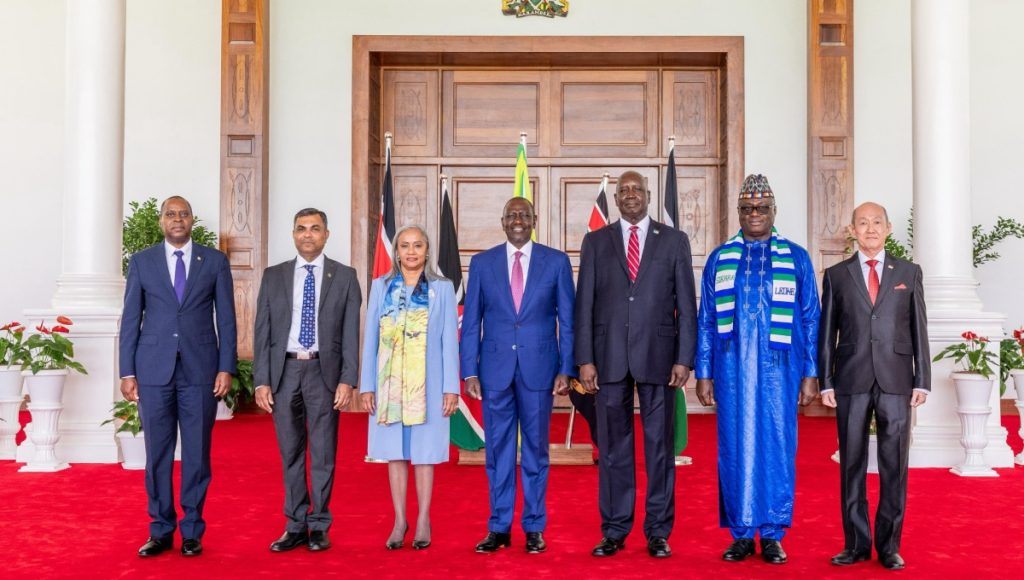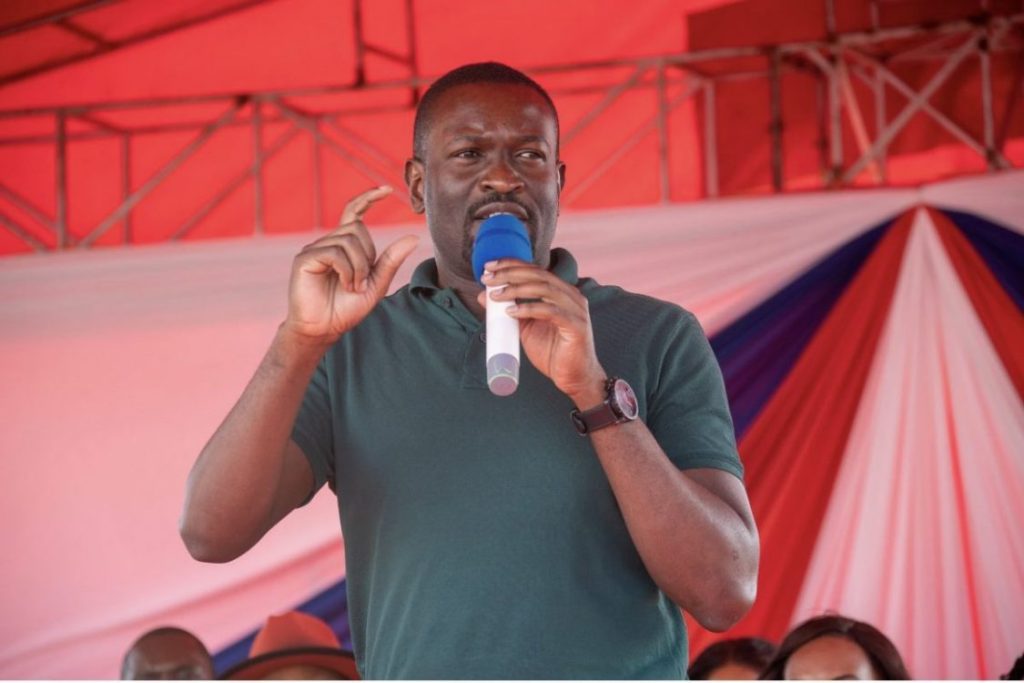Hannah Wendot Cheptumo, the Cabinet Secretary nominee for the Ministry of Gender, is facing increasing public and political backlash following remarks made during her vetting before the National Assembly committee.
Cheptumo’s comments, which appeared to place partial blame on femicide victims, have ignited outrage across the country, prompting growing calls for her nomination to be rejected.
During the vetting process, she suggested that the surge in femicide cases—particularly among university students—could be linked to economic dependence and lack of education. She implied that some young women may be exposing themselves to danger while seeking financial assistance, a sentiment widely criticized as victim-blaming.
Her statements sparked immediate criticism from members of the vetting committee and the public alike. National Assembly Speaker Moses Wetang’ula took issue with her claims, highlighting that most victims were university-educated, a clear indication that education alone does not shield women from gender-based violence.
Civil society organizations, legal experts, and women’s rights advocates have strongly condemned Cheptumo’s position. Faith Odhiambo, President of the Law Society of Kenya, described the comments as “irresponsible and damaging,” stressing that many victims were killed not due to economic need, but after rejecting romantic advances or within abusive relationships.
Critics argue that Cheptumo’s perspective ignores the deeper, systemic causes of gender-based violence, such as entrenched power imbalances, toxic masculinity, and the widespread impunity enjoyed by perpetrators. They warn that placing someone with such views at the helm of the Gender Ministry could jeopardize hard-won progress in the fight for women’s rights and safety.
“This is about more than just poor phrasing it’s about a mindset that endangers lives,” said a gender policy advisor who requested anonymity.
As pressure mounts, many are urging Members of Parliament to reject her appointment, emphasizing that leadership in such a critical ministry requires empathy, insight, and a firm grasp of the complex realities facing women and girls across Kenya.



